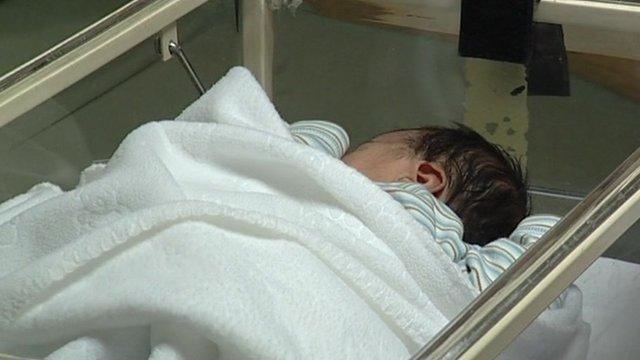Bradford volunteers sought to improve city's health research
- Published
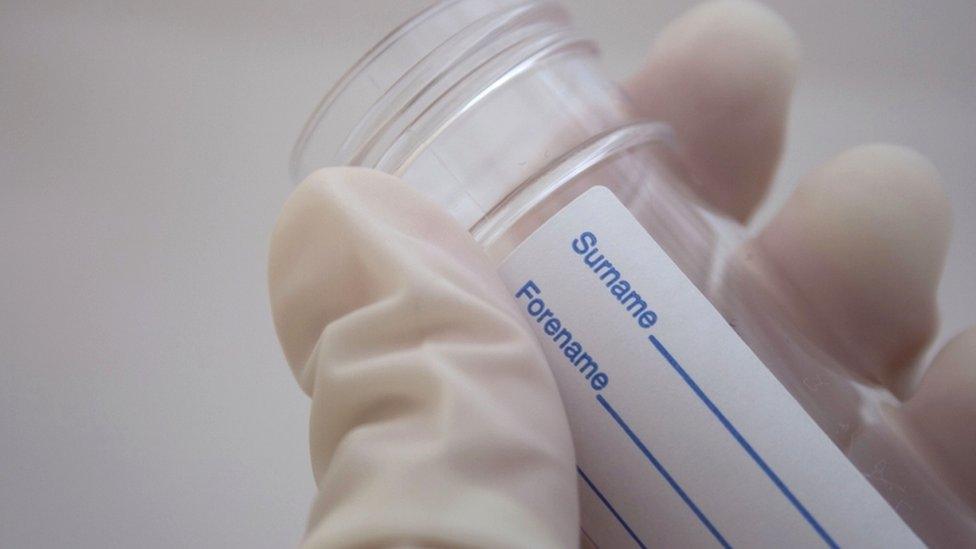
About 50,000 people already take part in health studies across the West Yorkshire city, said organisers
A city with some of the highest rates of ill-health in the UK is seeking more volunteers to take part in research.
The NHS has launched the City of Research campaign across Bradford and nearby Airedale and Craven districts.
About 50,000 people already take part in health studies across the city region, said organisers.
Prof John Wright, of the Bradford Institute for Health Research, said that was "probably more than any other city in the world".
He said it was thanks to volunteers from the local community that researchers could speed up the development of new, safe treatments.
"Bradford district has some of the highest rates of ill-health in the country," he said.
"Science and research are a really crucial part in how we can tackle this, and this has been illustrated very clearly in the Covid-19 pandemic.
"Here in Bradford we have over 50,000 Bradfordians actively involved in our research. That's probably more than any other city in the world."
Volunteers in existing research studies had been at the forefront of a worldwide trial which led to a vaccine against Covid-19, said the NHS.
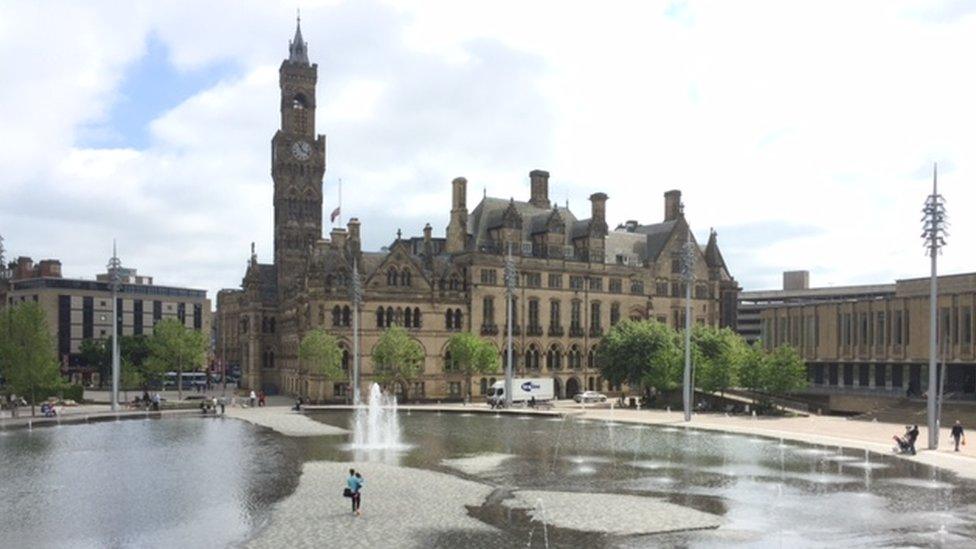
Prof Wright said: "We hope others will now join us on the next stage and show how research can improve the health of a city"
Bradford,which has a multi-ethnic population of more than 500,000 people, suffers from high levels of deprivation and has some of the highest rates of childhood illness and child poverty in the UK.
By joining a research registry, external, people can choose how they contribute - from clinical trials of current or new treatments to taking part in questionnaires or focus groups to testing medical equipment.
Ronnie Hearnshaw, 12, is one of the youngest volunteers helping Airedale NHS Foundation Trust explore how new technology can help diabetes research.
"I want to stay healthy and well and have a normal life like all my friends," he said.
"Research into new technology means I can be a normal kid - plus I look really cool with all my fancy gadgets."

Follow BBC Yorkshire on Facebook, external, Twitter, external and Instagram, external. Send your story ideas to yorkslincs.news@bbc.co.uk, external.
Related topics
- Published18 February 2021
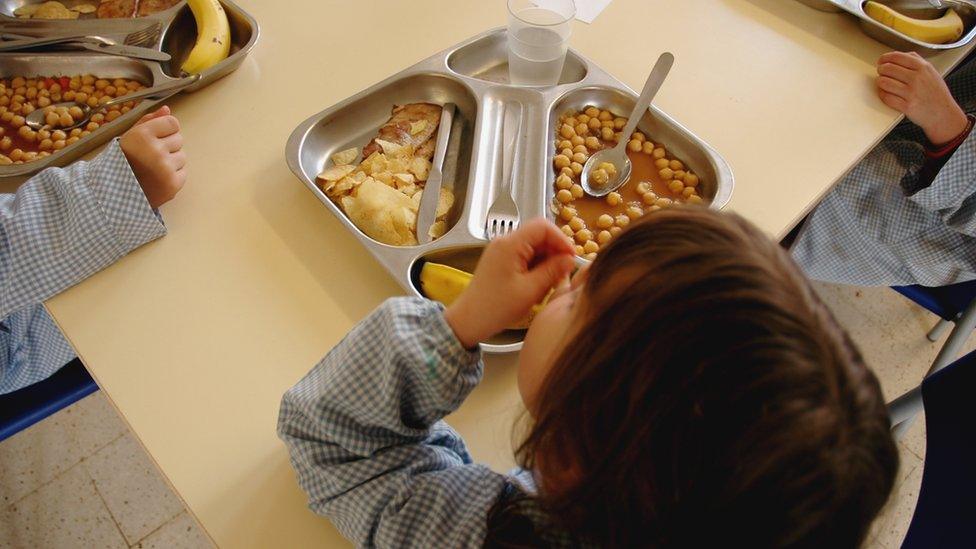
- Published1 March 2021
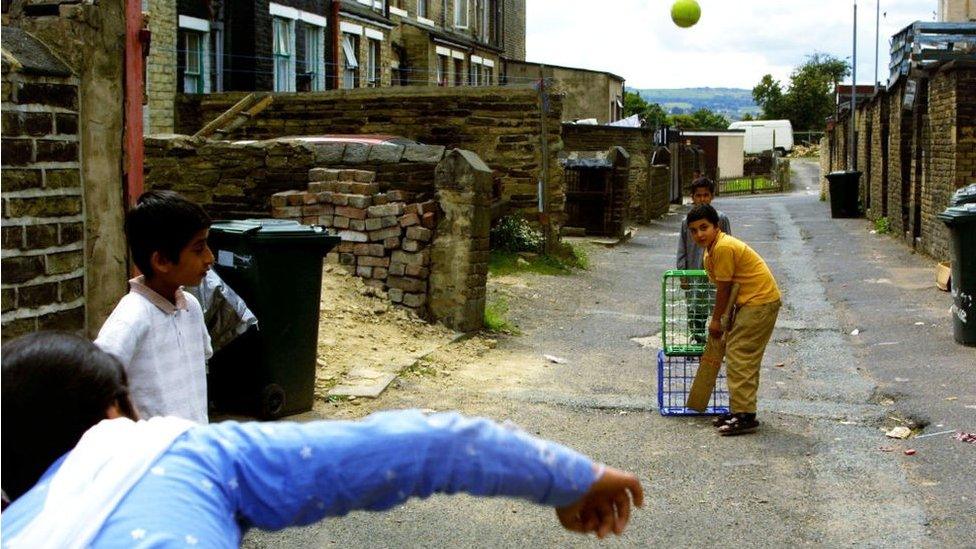
- Published29 July 2011
- Published4 July 2013
